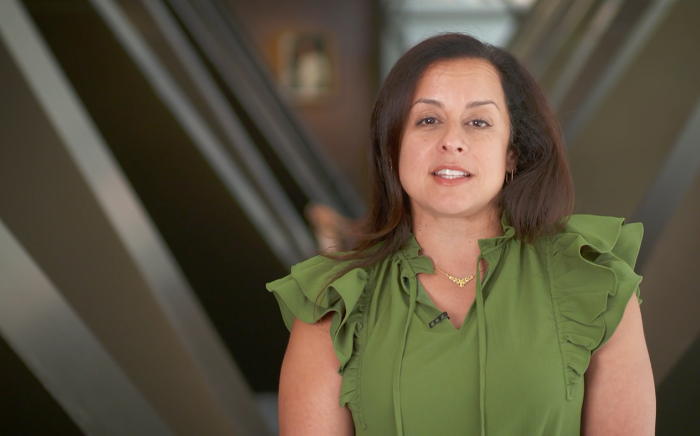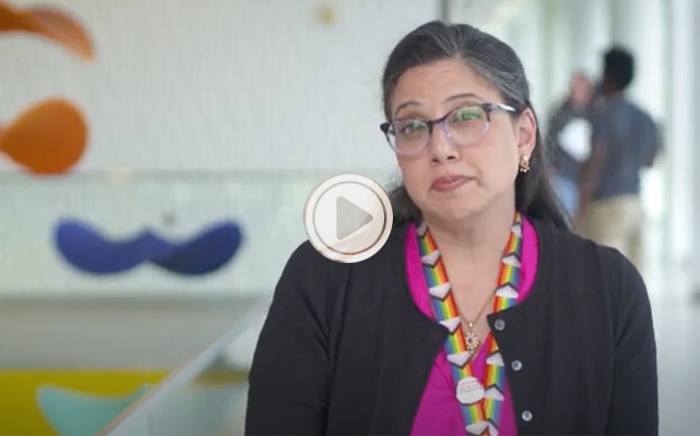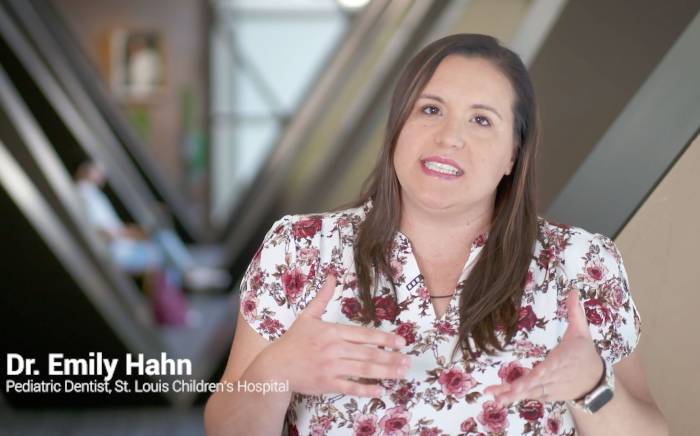It is 2:00 a.m. and your 3-year-old wakes suddenly with a fever of 101 degrees. Or, you’ve just picked up your 10-year-old after school and he injured his foot playing kickball. Every day thousands of parents are confronted with minor and major health issues concerning their children. How do you know when your child’s problem is one you can handle at home? When should you call the doctor? What information does the pediatrician need?
In addition to name and date of birth, the office staff will want to know your child’s most important symptoms, including current temperature if fever present. Have any symptoms changed recently or worsened? Have your questions written down so you are ready when the doctor returns your call.
When speaking with the doctor:
Remind her of any chronic conditions like asthma or diabetes that your child has, or drug allergies if medications are going to be called into the pharmacy. If your child is currently on medications prescribed by a specialist, notify your pediatrician of that. Listen to your intuition. If your gut feeling is causing you to feel very nervous about your child’s condition, tell the physician that, too.
By the end of the call you should know if the doctor needs to see your child. If no visit is needed, do not hang up the phone until you understand what treatment is necessary for the symptoms. Have pen and paper ready in case the doctor has a list of home care instructions. You should also be aware of what type of symptoms you should call back for. Just in case, have your pharmacy number available, too.
The following list will give you some guidelines so you will know how urgent your child’s symptoms may be.
Young infants require a little more caution than those over 3 months of age since they can be more difficult to assess and may become sick more quickly than an older baby or child.
If you are concerned about an infant 3 months of age or less, call immediately if:
- Baby is limp, not responsive, difficult to awaken, poor color.
- Rectal temperature of 100.4, or higher.
- Breathing is labored, wheezing, or grunting.
- Repeated vomiting (not spitting up) or projectile vomiting.
- Refusing to eat 2 times in a row.
- Frequent watery stools.
- No wet diaper for 8 hours.
- Any trauma or injury.
- Baby has a new yellow skin color, or a worsening of jaundice.
- Crying where baby is extremely irritable or has a high pitched cry for over one hour.
- A rash that looks like bleeding under the skin, or purple/red freckles.
For an older infant or child call immediately for:
- Labored breathing.
- If your child appears much sicker than usual with a routine illness. If he is playful, eating and drinking, your child’s body is successfully coping with the illness.
- Rash that looks like bleeding under the skin or red/purple freckles.
- Stomach pain that is lasting over 2 hours or is worsening over time. Especially if the lower abdomen, on the right side is affected.
- Symptoms of dehydration: no urine in 12 hours, inside of mouth dry and sticky, crying without tears, limp or not responsive.
- Blood in stool or vomit.
- Severe headache.
- Fever 105 or above.
- Worsening skin infection: area has spreading redness, red streak is observed, or area becomes hard and has pus - especially if child develops fever.
Call immediately for these trauma/injury symptoms:
- Injured body part looks crooked or deformed.
- Head trauma.
- Gash that may need stitches, or uncontrolled bleeding.
- If your child refuses to use an injured arm or leg for more than one hour.
- Animal or human bite that has punctured the skin.
- Eye injury causing pain, or eye tearing for over 15 minutes.
Always call Poison Control for any toxic or poisonous substance that has been swallowed, inhaled, in the eyes or on the skin. Keep their number 800.222.1222 posted by your phone.
When to call for a NON URGENT illness during office hours:
- Vomiting over 24 hours (if no accompanying diarrhea) and no signs of dehydration.
- Ear pain.
- Fever (100.4 or over) lasting over three days in child over 3 months.
- Cough or cold symptoms lasting longer than 10 days.
- Fever with sore throat.
- Rash lasting over 3 days.
- Mild injury with persistent swelling or pain.
- Symptoms that come and go over a long period.
- Symptoms that are lasting longer than expected.
- If you are just not sure whether the child needs to be examined by the doctor.












